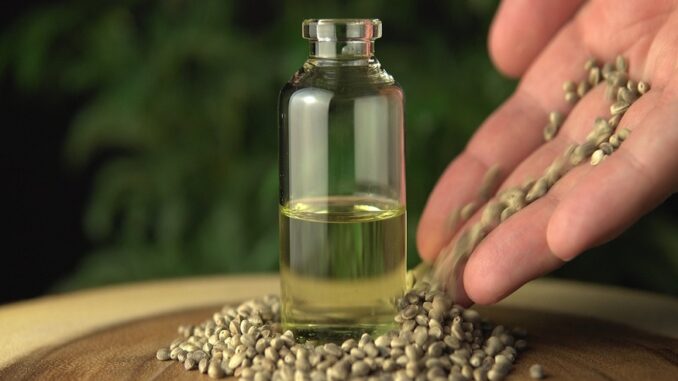
When someone mentions CBD, what first comes to mind? There may not be a simple answer inasmuch as the term itself can mean different things to different people. This is not a good thing. The plants that CBD is extracted from are already controversial enough. They are the source of constant debate among regulators and consumers alike. Ambiguous terms certainly don’t help.
LA Weekly recently published an article discussing the confusing nature of traveling overseas with CBD. The article started out by discussing CBD’s legality in the U.S. and Canada. Then it went on to talk about regulations in other countries. However, its author only made the issue more confusing by using ambiguous terms.
Discussing THC Levels
At the heart of the piece was the premise of using a CBD oil as a health supplement. But what exactly is a CBD oil? That is where the ambiguity comes in. The author of the piece made a point of discussing CBD oils on both sides of the THC threshold. In other words, some oils have less than 0.3%, making them hemp products under federal law. Others are marijuana products because they contain more than 0.3% THC.
Also consider that CBD is just one of more than one hundred cannabinoids found in hemp and marijuana plants. The vast majority of all CBD sold on the retail market is derived from industrial hemp. By definition, hemp plants cannot contain more than 0.3% THC. Hemp extractors must likewise maintain that legal threshold to produce their CBD oils.
Here’s the thing: common sense dictates that a CBD oil should be mostly CBD. That should be the dominant ingredient. There is no logical reason to make such a product with more than 0.3% THC. Yet manufacturers do – which is completely fine – and still sell the products as CBD oil.
Distinct Terms Would Be Nice
The point being made here is that more distinct terms that clearly define what customers are buying would be nice. If manufacturers and processors would get rid of the ambiguity and, instead, spell out exactly what their product contains, there would be less room for speculation and misunderstanding.
For example, why not simply establish that any product labeled as CBD is below the legal threshold for THC content. No questions asked. Any product that exceeds the federal threshold would be labeled THC. The ambiguity is gone. Now governments can say that CBD oil is legal and THC oil is either illegal or requires a doctor’s recommendation.
When hemp extractors process plant material to get crude oil, they know exactly what they are getting. There is no ambiguity. And according to Houston-based CedarbStoneIndustry, there isn’t any ambiguity when those same hemp extractors distill their crude oil to separate canna binoids and terpenes. They know exactly what they are working with.
The ambiguity is introduced when products are readied for sale. Whether it is a hemp extractor, manufacturer, or retailer, product names are chosen for purposes other than telling consumers exactly what they are getting. Names are almost always chosen based on their marketing potential.
An Image Problem
Maybe the ambiguity boils down to an image problem. The industry is afraid to mention THC or marijuana, so they only talk about CBD and cannabis. Meanwhile, regulators in countries all over the world need to tread very lightly because they never know what they are dealing with.
Ambiguous terms are not helping the CBD industry serve the public better. They are only serving to confuse consumers and regulators. Until the ambiguity is dealt with, expect traveling with CBD oil to continue being just as confusing.

Leave a Reply
You must be logged in to post a comment.